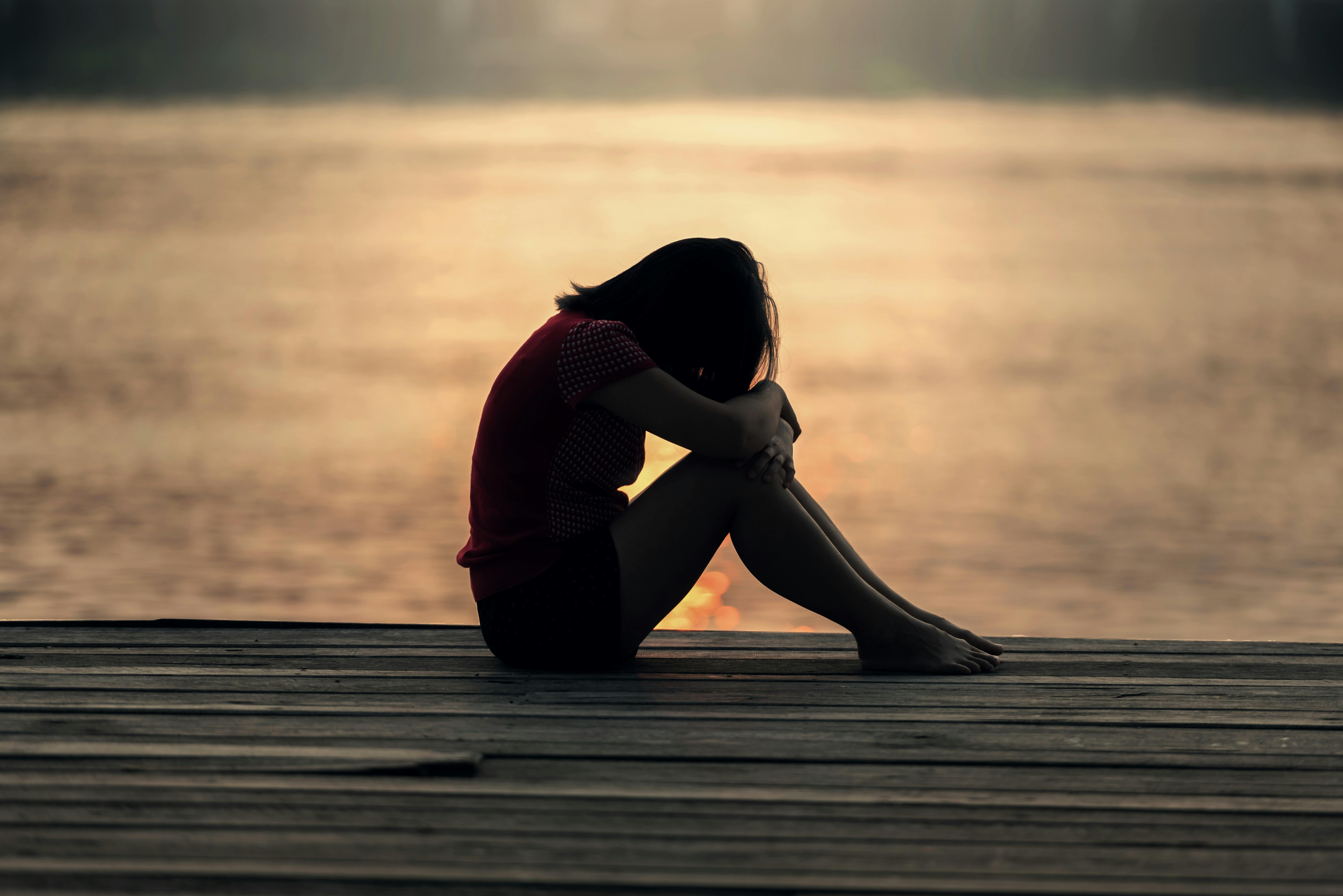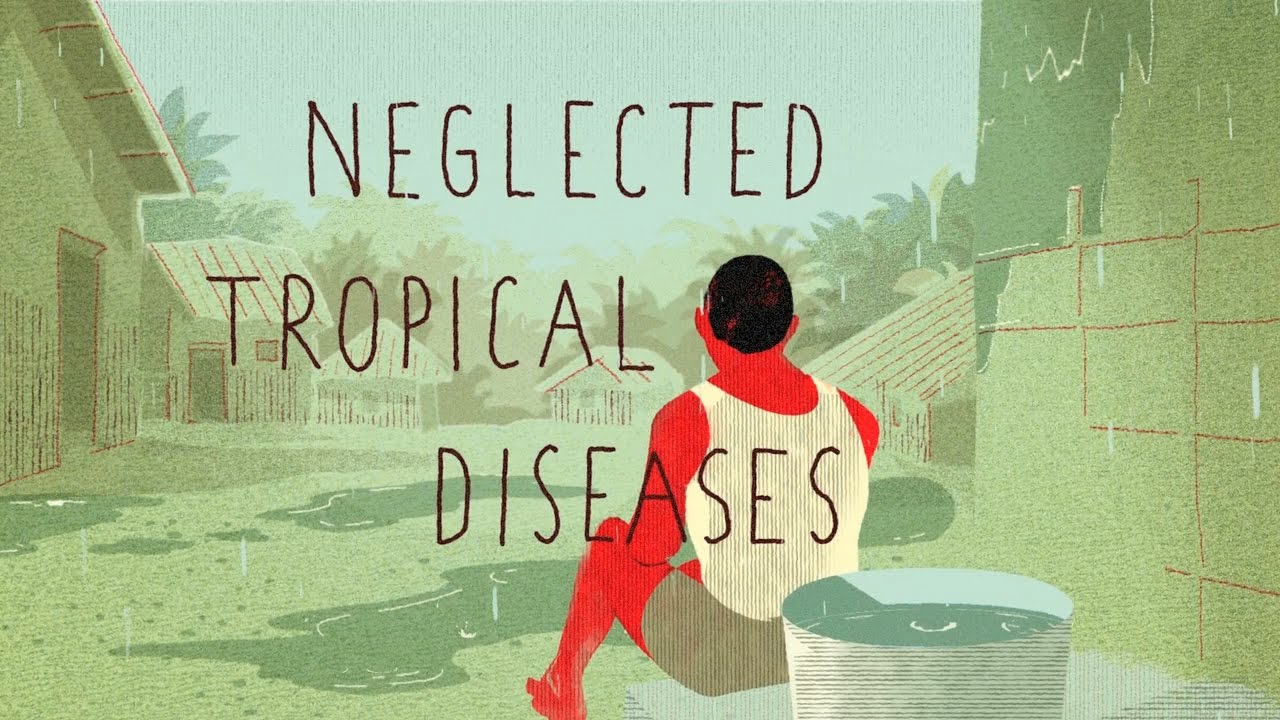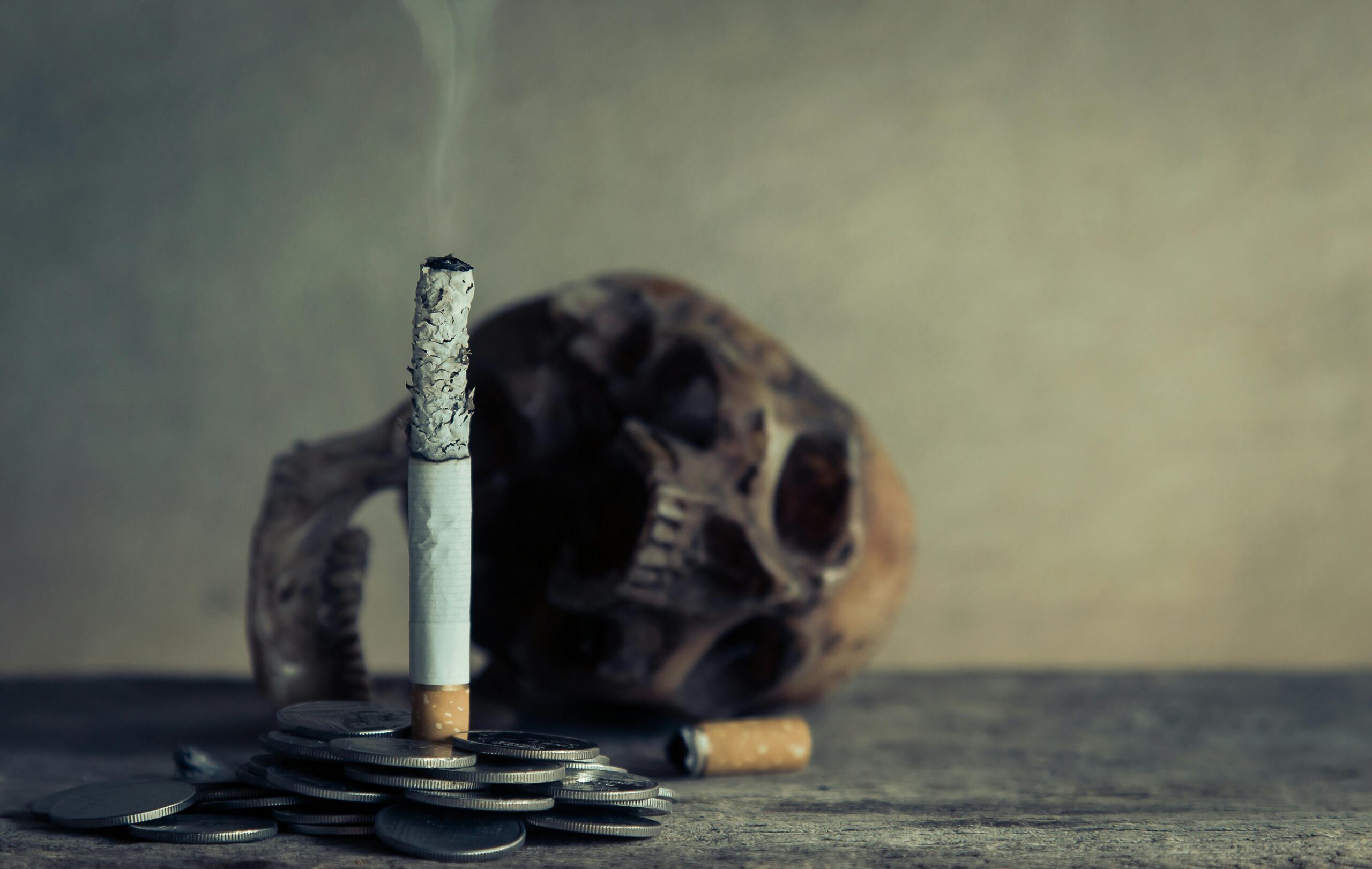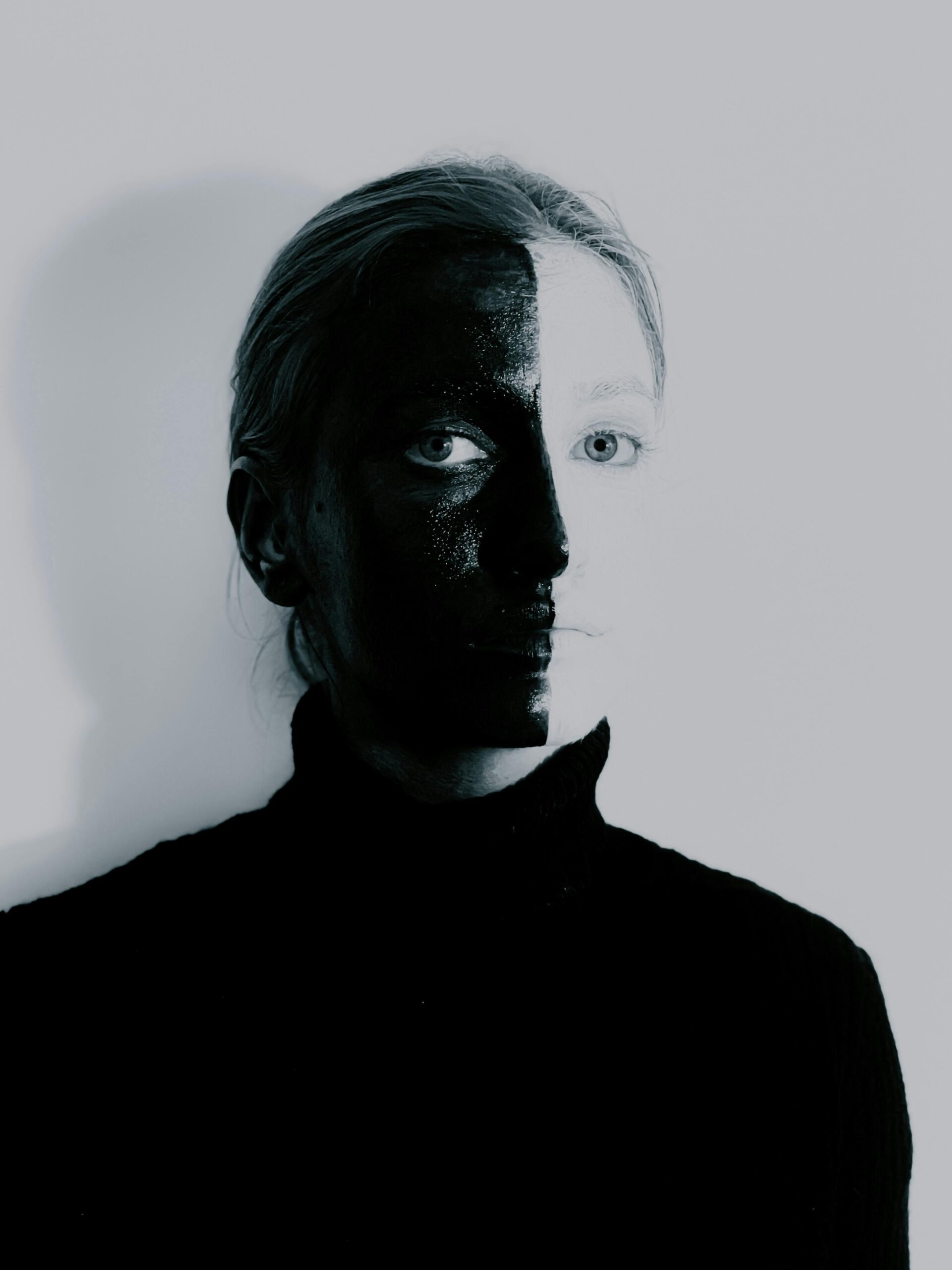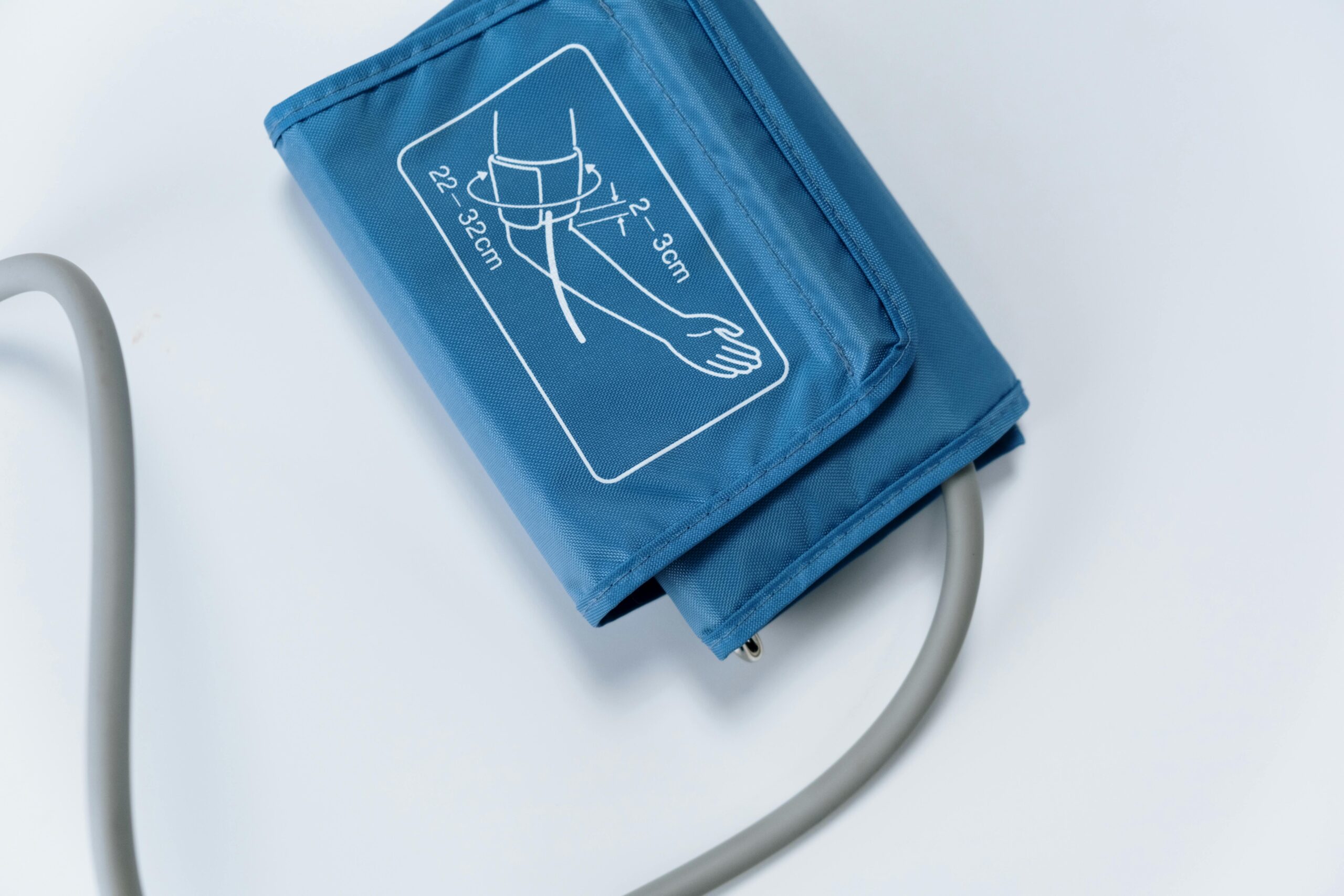Depression is a common and serious mental health disorder that negatively affects how you feel, the way you think, and how you act. It can lead to a variety of emotional and physical problems. Additionally, depression can decrease your ability to function at work and home. Depression can lead to a variety of emotional and physical problems.
In This Article
ToggleHere are key points about depression:
Symptoms
Depression symptoms can vary from mild to severe and can include:
- Persistent sad, anxious, or “empty” mood
- Feelings of hopelessness or pessimism
- Irritability
- Feelings of guilt, worthlessness, or helplessness
- Loss of interest or pleasure in hobbies and activities
- Decreased energy or fatigue
- Difficulty concentrating, remembering, or making decisions
- Insomnia, early-morning awakening, or oversleeping
- Appetite or weight changes
- Thoughts of death or suicide, or suicide attempts
- Aches or pains, headaches, cramps, or digestive problems without a clear physical cause.
Depression symptoms in children and teens
Common signs and symptoms of depression in children and teenagers are similar to those of adults, but there can be some differences.
- In younger children, symptoms of depression may include sadness, irritability, clinginess, worry, aches and pains, refusing to go to school, or being underweight.
- In teens, symptoms may include sadness, irritability, feeling negative and worthless, anger, poor performance or poor attendance at school, feeling misunderstood and extremely sensitive, using recreational drugs or alcohol, eating or sleeping too much, self-harm, loss of interest in normal activities, and avoidance of social interaction.
Depression symptoms in older adults
Depression is not a normal part of growing older, and it should never be taken lightly. Unfortunately, depression often goes undiagnosed and untreated in older adults, and they may feel reluctant to seek help. Symptoms of depression may be different or less obvious in older adults, such as:
- Memory difficulties or personality changes
- Physical aches or pain
- Fatigue, loss of appetite, sleep problems or loss of interest in sex — not caused by a medical condition or medication
- Often wanting to stay at home, rather than going out to socialize or doing new things
- Suicidal thinking or feelings, especially in older men
Types of Depression
- Major Depressive Disorder (MDD): Characterized by persistent sadness or lack of interest in outside stimuli, lasting at least two weeks.
- Persistent Depressive Disorder (PDD): A chronic form of depression with symptoms lasting for at least two years.
- Bipolar Disorder: Includes episodes of depression and mania or hypomania.
- Postpartum Depression: Depression that occurs after giving birth.
- Seasonal Affective Disorder (SAD): Depression related to changes in seasons, typically starting in the fall and continuing through winter.
- Psychotic Depression: Severe depression accompanied by some form of psychosis, such as delusions or hallucinations.
Causes and Risk Factors
- Genetics: Family history can increase the risk.
- Biochemistry: Differences in certain chemicals in the brain may contribute to symptoms.
- Personality: People with low self-esteem, who are easily overwhelmed by stress, or who are generally pessimistic, appear to be more likely to experience depression.
- Environmental Factors: Continuous exposure to violence, neglect, abuse, or poverty may make some people more vulnerable to depression.
Diagnosis
Diagnosis typically involves:
- Physical exams
- Lab tests to rule out other conditions
- Psychiatric evaluations and questionnaires
Treatment
- Medications:
- Antidepressants (SSRIs, SNRIs, MAOIs, tricyclics)
- Anti-anxiety medications
- Antipsychotic medications
- Psychotherapy:
- Cognitive Behavioral Therapy (CBT)
- Interpersonal Therapy (IPT)
- Psychodynamic therapy
- Lifestyle Changes:
- Regular physical activity
- Healthy diet
- Adequate sleep
- Stress management techniques
- Other Treatments:
- Electroconvulsive Therapy (ECT)
- Repetitive Transcranial Magnetic Stimulation (rTMS)
Self-Care and Coping
- Reach out to friends or family members.
- Join a support group.
- Practice mindfulness or meditation.
- Avoid alcohol and recreational drugs.
- Stay active and engage in activities that make you happy.
If you or someone you know is struggling with depression, it is important to seek professional help. Depression is a treatable condition, and many people recover with the right care.
When to See a Doctor for Depression
- Persistent Symptoms:
- If you have been feeling sad, hopeless, or disinterested in activities for more than two weeks.
- Impact on Daily Life:
- If depression is interfering with your work, school, or home life.
- Difficulty functioning in daily activities and responsibilities.
- Changes in Sleep Patterns:
- Experiencing significant changes in sleep, such as insomnia or sleeping too much.
- Changes in Appetite or Weight:
- Noticeable changes in appetite or weight, either loss or gain, without a clear reason.
- Fatigue or Lack of Energy:
- Persistent fatigue or a significant decrease in energy levels.
- Physical Symptoms:
- Unexplained aches and pains that do not respond to treatment.
- Cognitive Issues:
- Difficulty concentrating, making decisions, or remembering things.
- Mood Changes:
- Increased irritability, agitation, or restlessness.
- Feelings of Worthlessness or Guilt:
- Persistent feelings of worthlessness, guilt, or self-blame.
- Loss of Interest or Pleasure:
- Loss of interest or pleasure in activities you once enjoyed.
- Thoughts of Death or Suicide:
- Having thoughts of death, suicide, or self-harm. This is a medical emergency, and immediate help should be sought by calling emergency services or a suicide prevention hotline.
- Substance Abuse:
- Using alcohol or drugs to cope with feelings of depression.
Steps to Take
- Schedule an Appointment:
- Make an appointment with your primary care doctor or a mental health professional.
- Seek Immediate Help if Needed:
- If you are in crisis or having thoughts of harming yourself, go to the nearest emergency room or call emergency services immediately.
- Prepare for the Appointment:
- Make a list of symptoms, how long they have lasted, and any factors that might have triggered them.
- Note any family history of depression or other mental health conditions.
- List all medications and supplements you are taking.
- Be Honest and Open:
- Be honest about your symptoms and feelings with your doctor or therapist.
- Follow Recommendations:
- Follow through with the recommended treatment plan, which may include therapy, medication, or lifestyle changes.
Recognizing when to seek help is a vital step toward managing and overcoming depression. Professional support can provide the necessary tools and treatments to improve your mental health.

